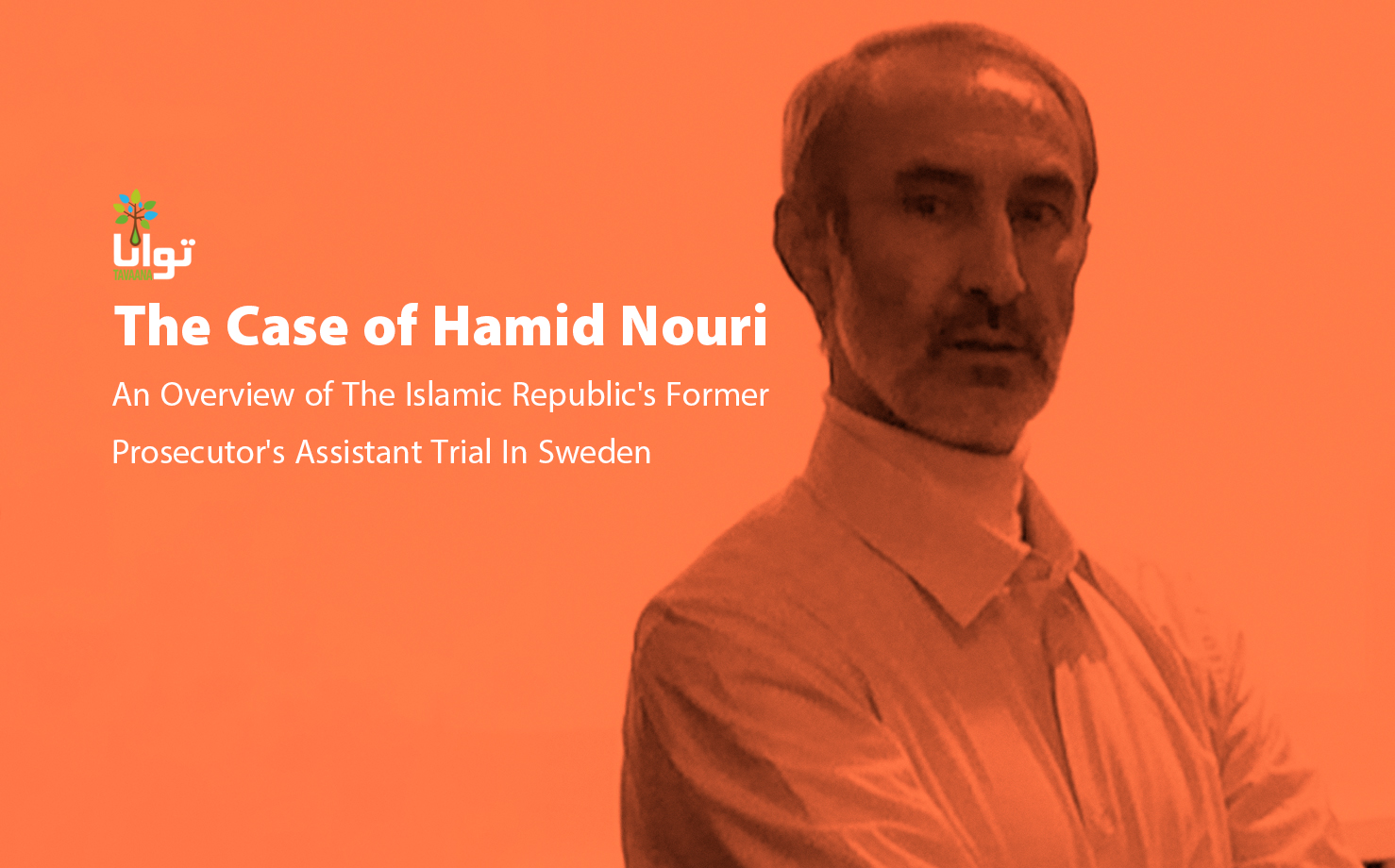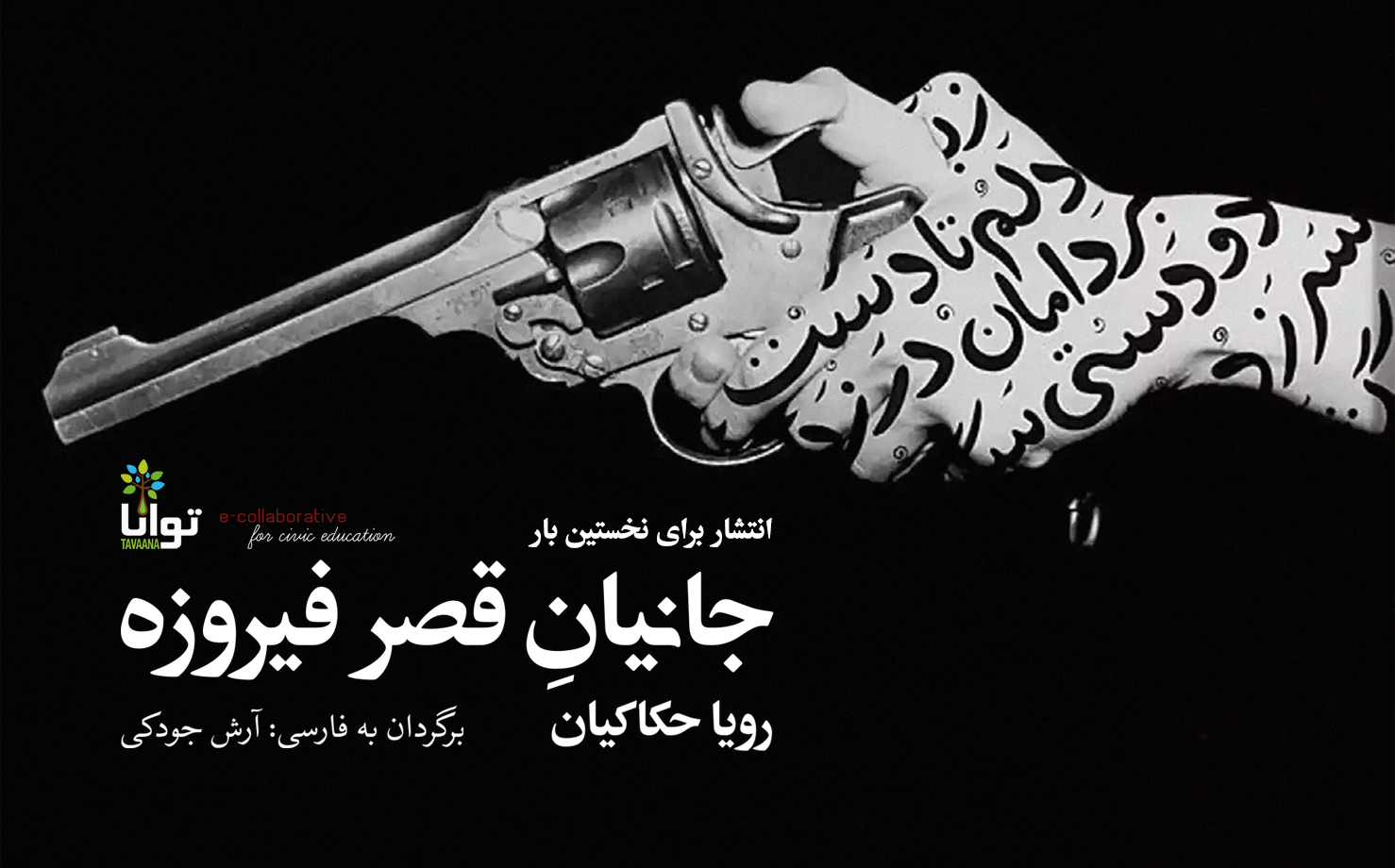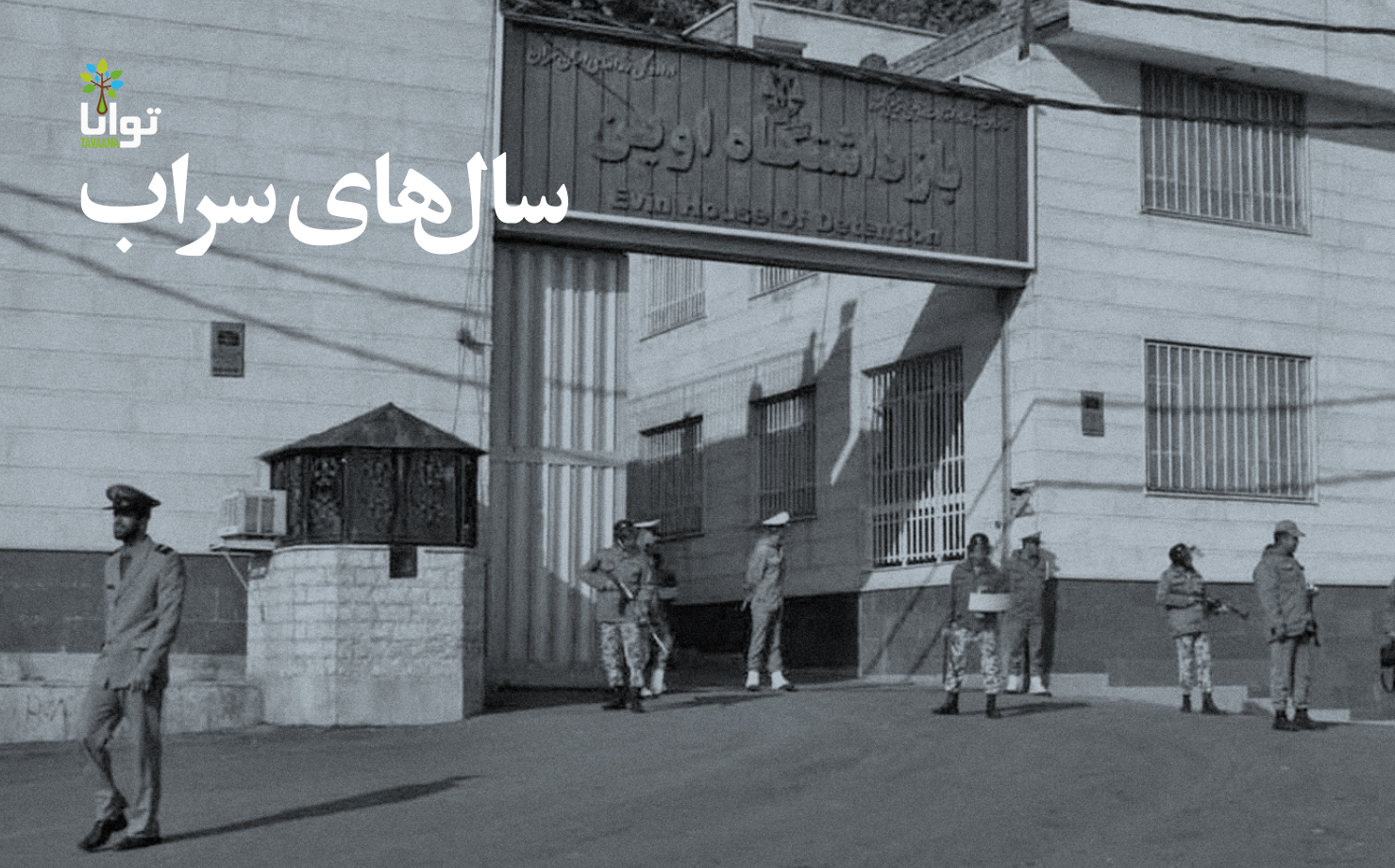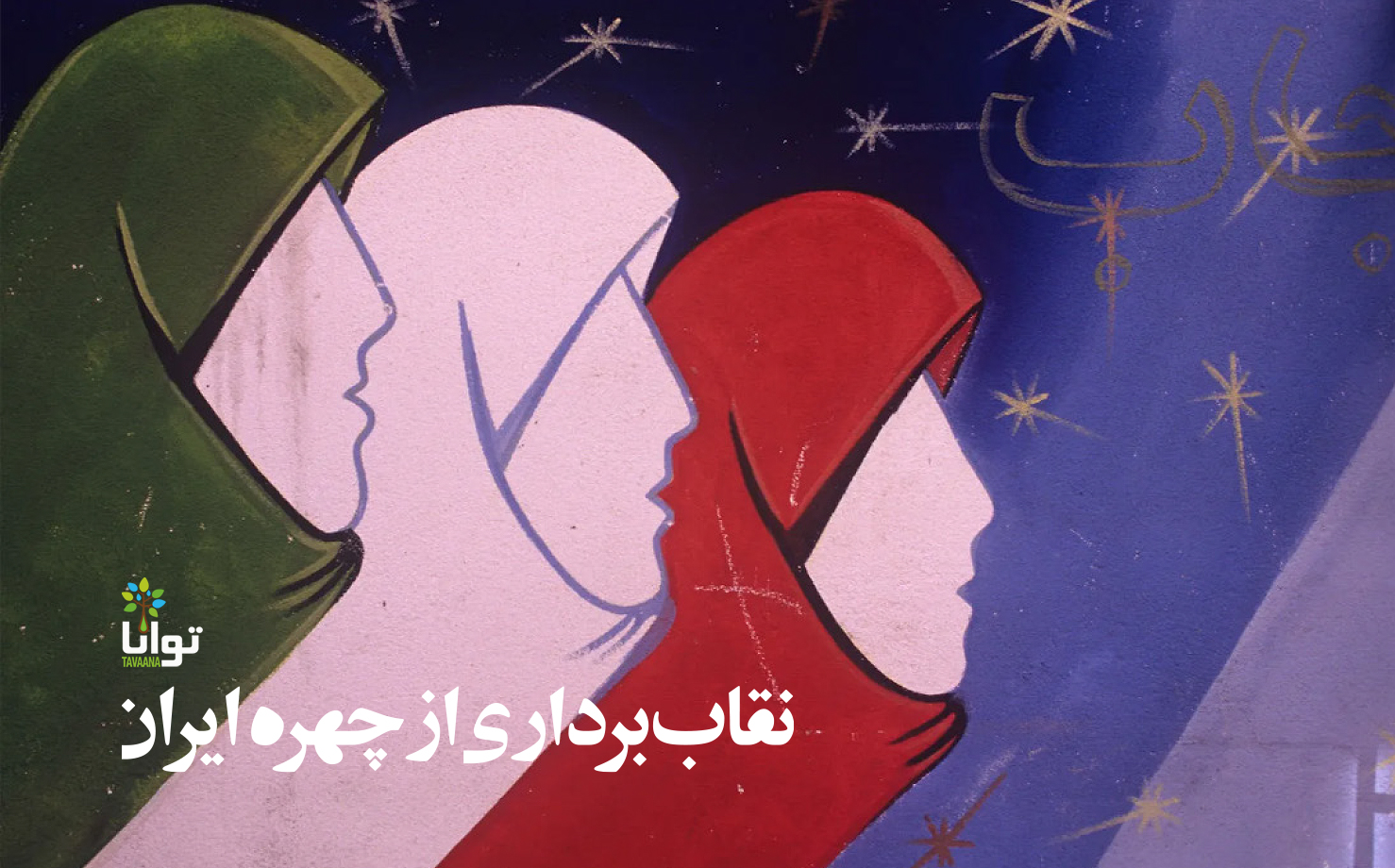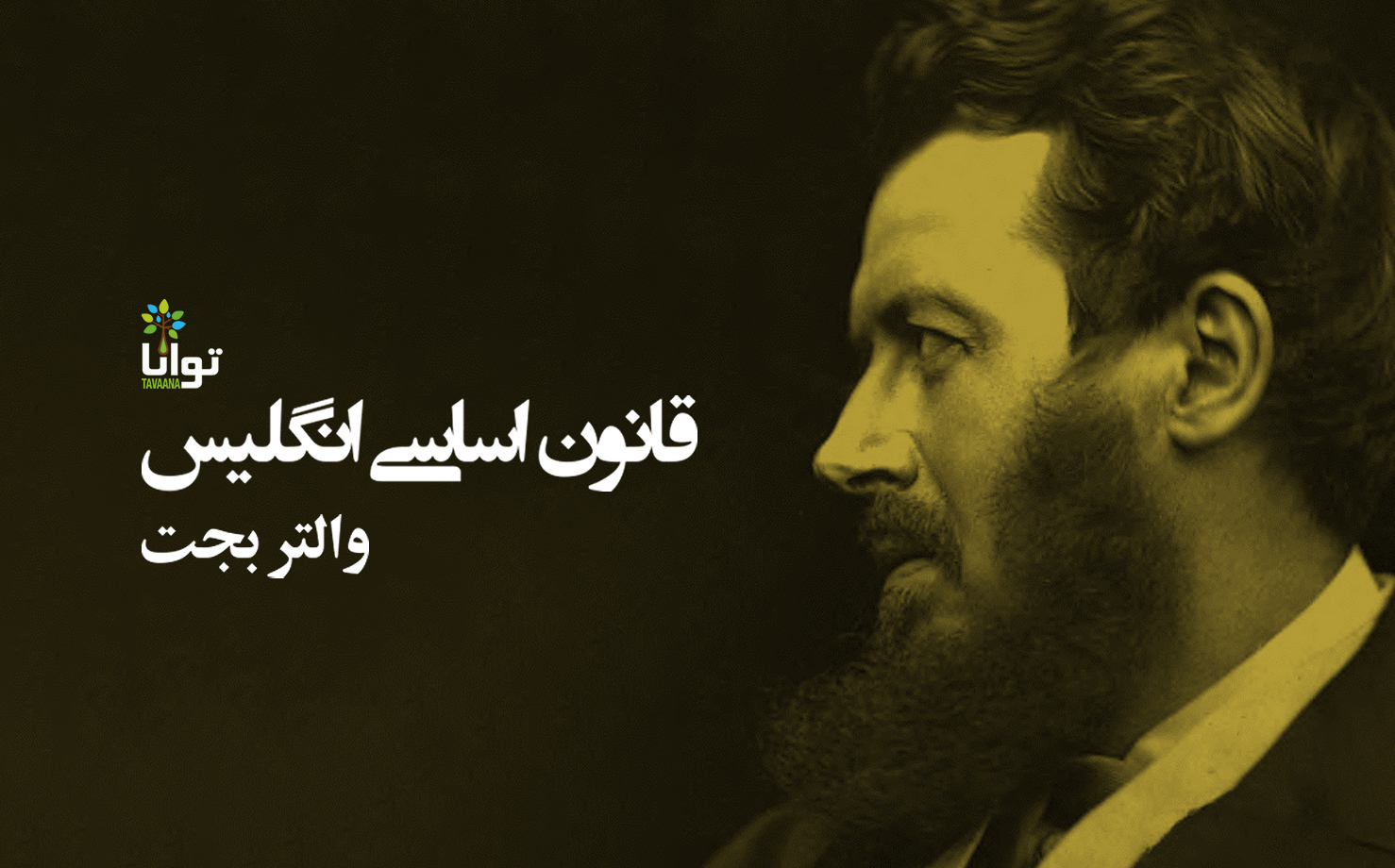In 1795, over a decade after his essay “Idea for a Universal History with a Cosmopolitan Intent,” German philosopher Immanuel Kant (1724-1804) revisited the theme of world peace, laying out a series of principles for governments to follow that would lay the foundation for perpetual peace. Among Kant’s key principles were the following: that peace treaties should not include provisions for future wars; that states should not take over other states; that standing armies should be abolished; that national debts should not be incurred for wars; that states should refrain from military interference with other states’ governments; and that wars should be fought honorably.
Kant posits that just as humans abandoned the state of nature to coexist peacefully under governments, states too will eventually progress beyond war. First, however, Kant declares that states must be republican, as separation of powers makes republics much less likely to engage in war. Next, Kant states that countries should form a league, with all states agreeing to follow certain laws. In addition, Kant emphasizes the importance of universal hospitality – respecting citizens of other countries rather than treating them as enemies. By following all these principles, Kant believed that world peace could be achieved. These ideas laid the foundation for twentieth century efforts to end war, including the post-World War I formation of the League of Nations and the post-World War II formation of the United Nations.
Tavaana Publications Click here to read Tavaana’s exclusive translation of Immanuel Kant’s To Perpetual Peace: A Philosophical Sketch.


